A recent measles case has been confirmed in a student at Trantwood Elementary School in Virginia Beach, marking the fourth such case reported in Virginia in 2025. The child contracted the virus following international travel, reigniting public health concerns about the highly contagious disease and potential community exposure.
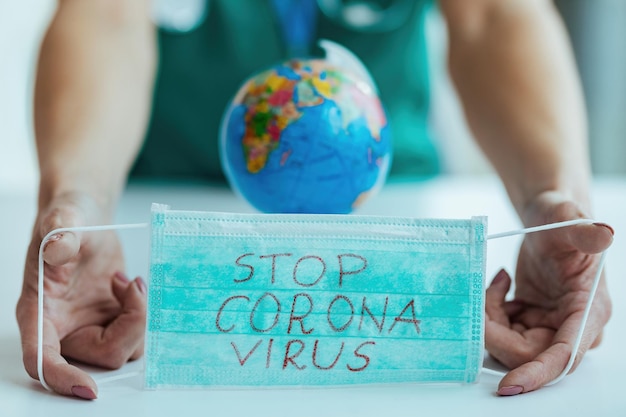
According to the Virginia Department of Health (VDH), the infected child is between the ages of 5 and 12 and recently returned from an international trip. Measles was confirmed through laboratory testing, and health officials have begun contact tracing to identify individuals who may have been exposed.
The case is the fourth measles infection reported in the state this year, with previous cases linked to travelers in Northern Virginia and the Richmond area. All cases were associated with international travel to regions where measles remains more prevalent.
The Virginia Beach Department of Health has released a list of locations where the infected student may have exposed others while contagious. Individuals who were at these locations during the specified times are urged to monitor for symptoms and contact their healthcare provider if they feel unwell.
Measles is contagious from four days before to four days after the rash appears. The incubation period can be up to 21 days, meaning symptoms may not appear until late September for some exposed individuals.
Measles is a highly infectious viral illness that spreads through respiratory droplets when an infected person coughs or sneezes. It is so contagious that 90% of unvaccinated people close to an infected person will also become infected.
Complications can include pneumonia, encephalitis (brain swelling), and, in rare cases, death. Young children, pregnant women, and immunocompromised individuals are at higher risk for severe outcomes.
The measles, mumps, and rubella (MMR) vaccine is the most effective way to prevent measles. The CDC recommends two doses: the first at 12–15 months of age and the second at 4–6 years.
Virginia has high overall vaccination rates, but localized pockets of under-vaccination can increase the risk of outbreaks. Health officials stress that maintaining high community immunity—through vaccination—is essential to protect those who cannot be vaccinated due to medical conditions.
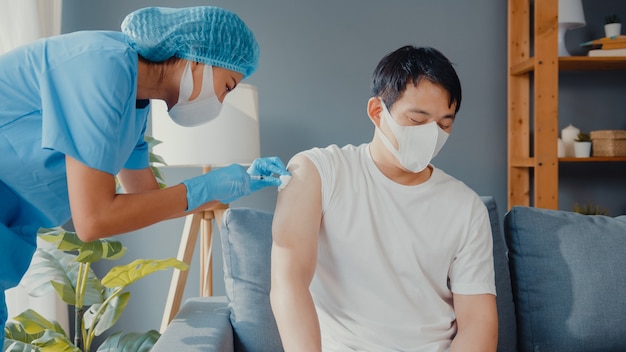
If you or your child may have been exposed, here are key steps to take:
Unvaccinated individuals exposed to measles may be advised to receive the MMR vaccine within 72 hours or immune globulin within six days to reduce the risk of infection.
The Virginia Beach Department of Health is working closely with school officials, healthcare providers, and the VDH to contain the spread. Letters have been sent to parents at Trantwood Elementary, and vaccination clinics are being organized in the area.
Health Director Caitlyn Pedati emphasized the importance of vigilance: "This case is a reminder that measles is still a threat, especially in our interconnected world. Vaccination remains our best defense."
While the number of measles cases in the U.S. remains low compared to pre-vaccine eras, global outbreaks continue to pose a risk. The World Health Organization reports rising measles cases in several countries, increasing the likelihood of importation.
Virginia health officials urge residents, especially those planning international travel, to verify their vaccination status and ensure children are protected before school entry.

Health

Health

Health

Health
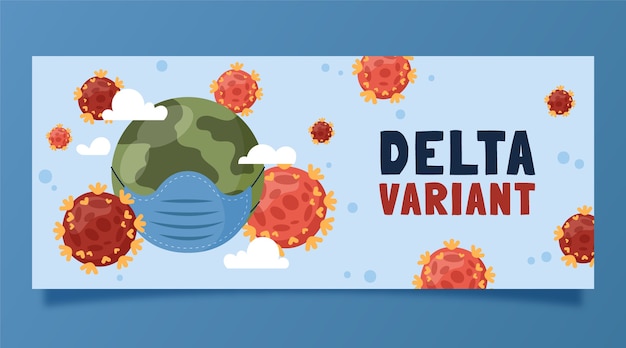
Health

Health

Health

Health
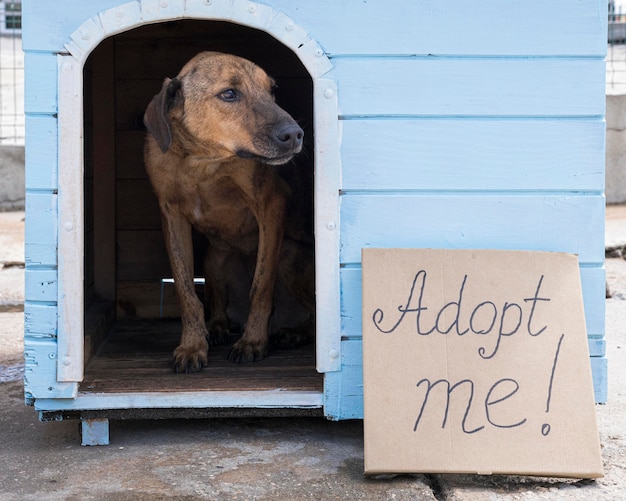
Health
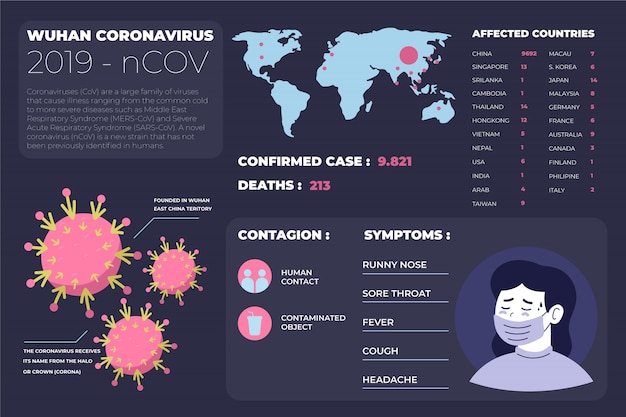
Health
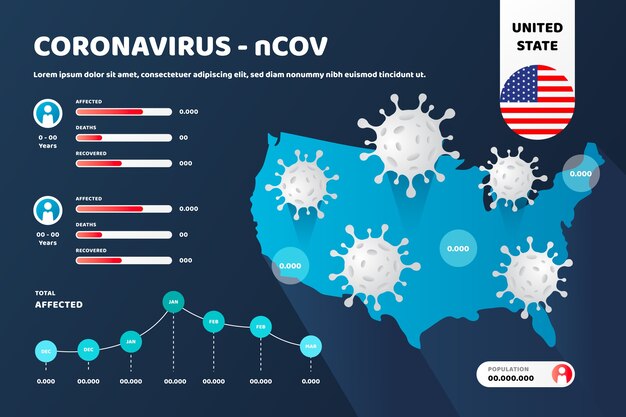
Health
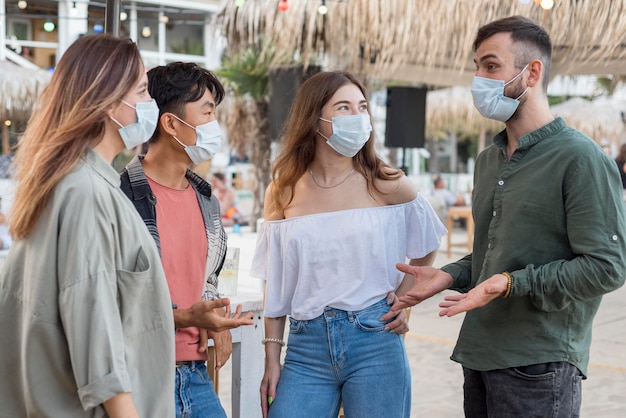
Health

Health

Fitness

Health

Health